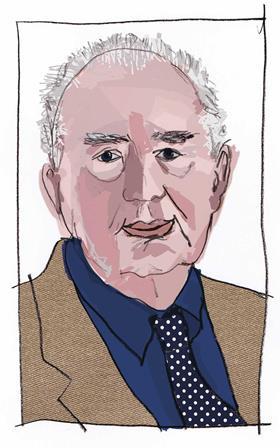Carelessness can cost cases. In a recent murder trial in Victoria, Australia, the accused was said to have confessed to a fellow prisoner after reading a true crime book about what was then an old unsolved murder. Jailhouse confessions should always be treated with considerable suspicion, but this one blew up in the face of the prosecution. It turned out that the book had been published well after the supposed admissions.

Curiously, a case ended in Queensland last month in which another accused was said to have confessed to his girlfriend after reading another true crime book. He told her it could never be proved against him because no one would find the bodies – but she was so frightened she left him the next day. This time there was no doubt the book had been published and a conviction followed.
I recall an Old Bailey case in which a moment’s pause might have helped the prosecution. It was a bank robbery and in those days a trial followed within a few weeks of arrest. The prosecution’s case already had a few holes. For a start, seven men were in the dock accused of the robbery and it became clear that only six men had actually been involved. Worse, two officers had followed the robbers on the way to the bank and there had been nothing to note about their driving. Nothing to note, that is, until it was shown they must have gone the wrong way down two one-way streets.
The clincher concerned a motor car which a defence witness said he never used. Prosecuting counsel had an envelope and the cross-examination went something like: ‘This was found in your car’ – ‘Yes sir’.
‘Which you say you never use?’ – ‘Yes sir’.
‘Then how do you account for the fact that this envelope has a postmark dated 30 March?’
The witness had the sense to ask to see the envelope. A horrid pause, and: ‘But it’s 30 March last year.’
Collapse of stout party and acquittals all around.
James Morton is a writer and former criminal defence solicitor.































No comments yet